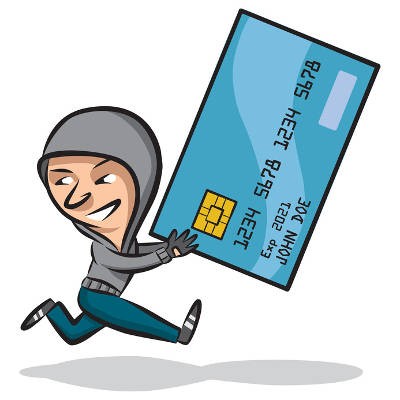Indevtech Blog
Does Credit Card Theft Mean Identity Theft?
Almost anyone would consider having their credit card stolen a major problem, but while it may technically constitute identity theft, identity theft itself can be any number of things. Today, we go over the difference between credit card theft and identity theft and what you can do to keep your staff, clients, and vendors safe.
Defining the Crimes
The first thing you have to know is that credit card theft and identity theft are not mutually exclusive, but while credit card theft is identity theft, identity theft obviously isn’t credit card theft. Credit card theft is when someone has stolen your credit card information and is able to use that information to purchase goods, services, or dispense money.
Identity theft, however is a blanket term that covers these three situations:
Fraud or misuse of an existing account -- With 16.4 million of 2014’s 17.6 million victims being targeted by this variety of identity theft, this is easily the most prevalent form of identity theft. This is defined by situation where a party gains access to an account without the account holder’s authorization and uses its credentials to benefit them in some way.
Fraud or misuse of a new account -- Opening a new account in another party’s name. This type of fraud can happen all over, and can range anywhere from opening a consumer benefits account, to opening a line of credit or a checking account, to buying property. This type of fraud was reported about 1.1 million times in 2014.
Fraud or misuse of personal information -- All other uses of stolen personal information added up to a relatively paltry 713,000 reported cases. This is mainly when someone uses your identity to gain a benefit they couldn’t have otherwise. You see this used mostly to find employment, rent property, see a doctor, or lie to the authorities.
Protecting Yourself
As a business owner, you are responsible for the data people have entrusted with your. By knowing what to do to protect your own data, you’ll know how to approach securing the clients, employees, and vendors personal data you hold on file. Make sure to have a strong firewall on your network to keep unwanted intruders out, and antivirus and spam blocking solutions to eliminate threats when they do get past your defenses. Also, consider learning today’s best practices to ensure you are always in the right position to keep your identity secure. Here is a resource from the University of Pittsburgh to help you.
For more information about identity theft and network security, visit our blog regularly.






